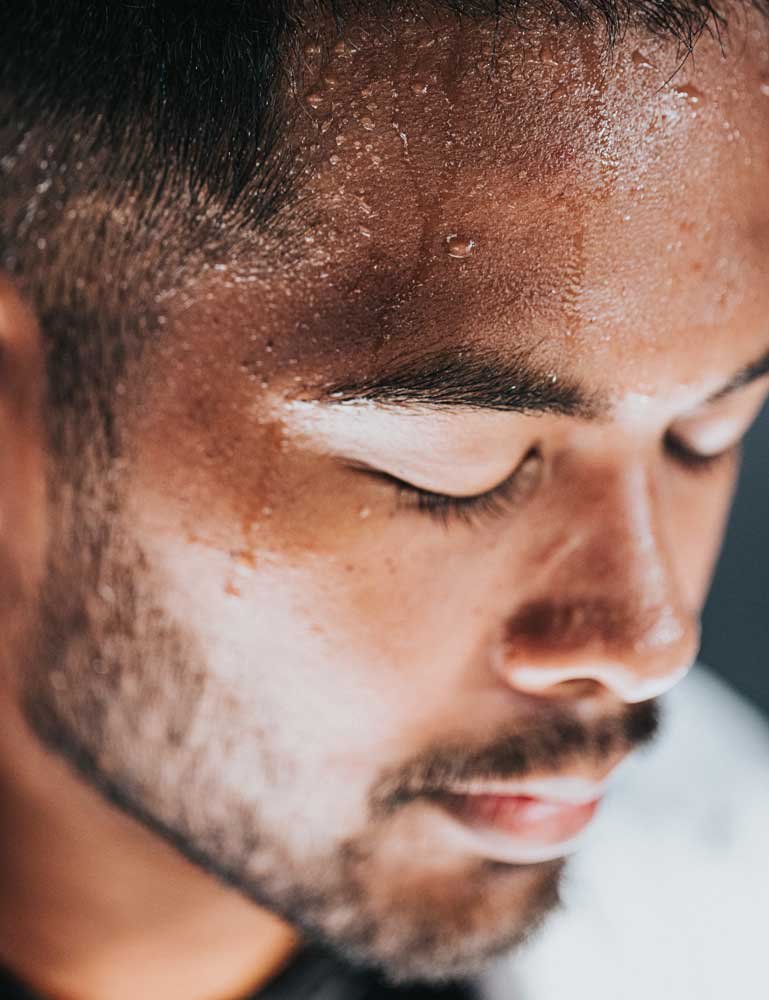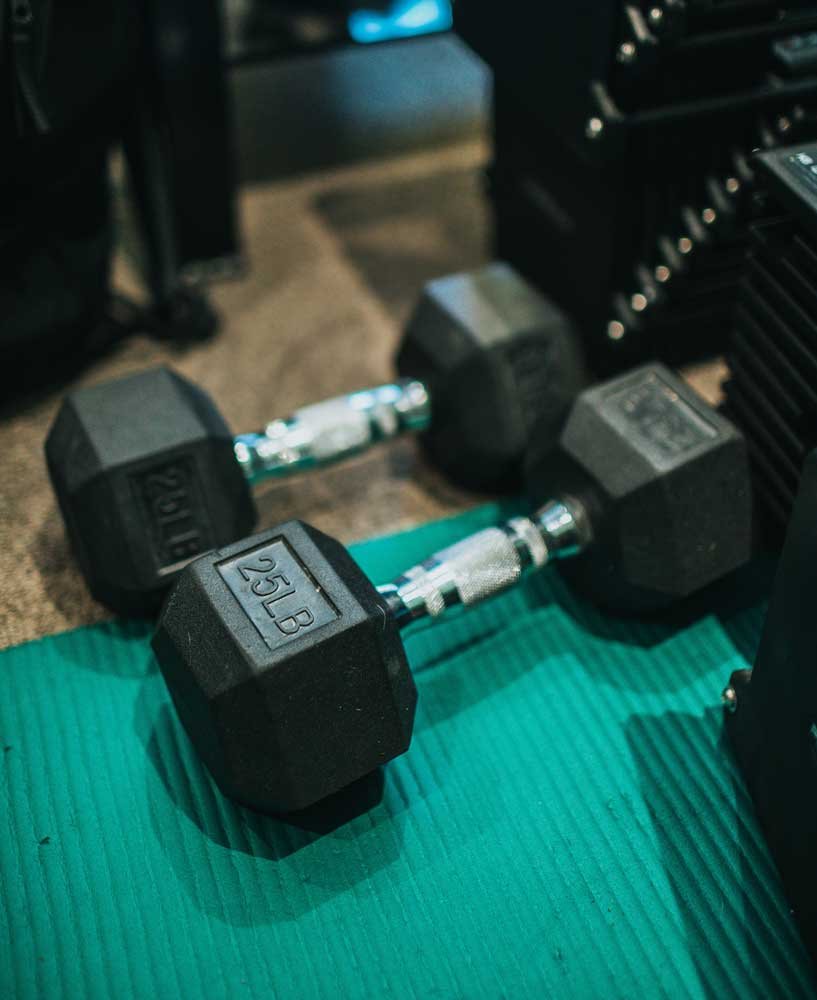
Residential, IOP/PHP Treatment
Personalized fitness therapy program for mental health & addiction treatment
At Workout Los Angeles our mission is to empower individuals on their journey to recovery and self-discovery through the healing power of movement. We believe that fitness is more than physical, it’s a vital tool for improving mental health, overcoming addiction , and reclaiming your life. Through compassionate guidance , inclusive support, and transformative workouts , we help people reconnect with their bodies, rebuild their minds, and rediscover their best selves.
Trusted organizations
Residential treatment & fitness benefits
It is proven that moving our bodies has positive physical, mental, and emotional effects. It can lead to more positive, healthy, emotionally balanced way of life.
At WOLA, it’s not just a physical workout; we approach fitness in a holistic approach for your heart and mind. WOLA's services are provided in different settings such as home visits, residential treatment centers and extended care programs, catering to teens, young adults, and adults throughout Los Angeles County. We understand that each individual's struggles are unique, whether it be anxiety, depression, addiction, or feeling stuck in bad patterns. That's why we tailor our programs to meet your specific needs. We are here for YOU— to help you discover and reach your goals, no matter what they might be.
For Group sessions, we encourage a therapist to join the workouts, allowing clients to experience another form of team building and camaraderie. WOLA is a trusted partner at many residential treatment centers in Malibu, Santa Monica and Los Angeles.
Contact us for more information about the right program that fits with you or a loved one. It would be our honor to work with you.
Workout benefits for treatment
Exercise has been helpful for individuals undergoing residential treatment. Here are a few ways that fitness programs can help:
Improved mood: Exercise can release endorphins, also known as "feel-good" chemicals, in the brain, which can help improve mood and reduce feelings of stress and anxiety.
Increased focus and concentration: Regular physical activity can improve cognitive function, making it easier to focus and pay attention during treatment.
Better sleep: Exercise can help improve the quality and duration of sleep, which is often disrupted in individuals with mental health conditions.
Increased self-esteem: Engaging in regular exercise can improve one's physical appearance and fitness level, which can boost self-esteem and self-confidence.
Stress relief: Exercise can help reduce feelings of stress and tension, which is important for individuals undergoing the often-intense residential treatment process.
promoting social interaction: Some forms of exercise are best done with others, such as team sports, these can promote healthy social interaction that can be beneficial for people undergoing treatment, who may be isolated.
Physical and emotional outlet: Exercise can also serve as a healthy outlet for pent-up emotions, such as anger or frustration, that may surface during the treatment process.
Testimonials











